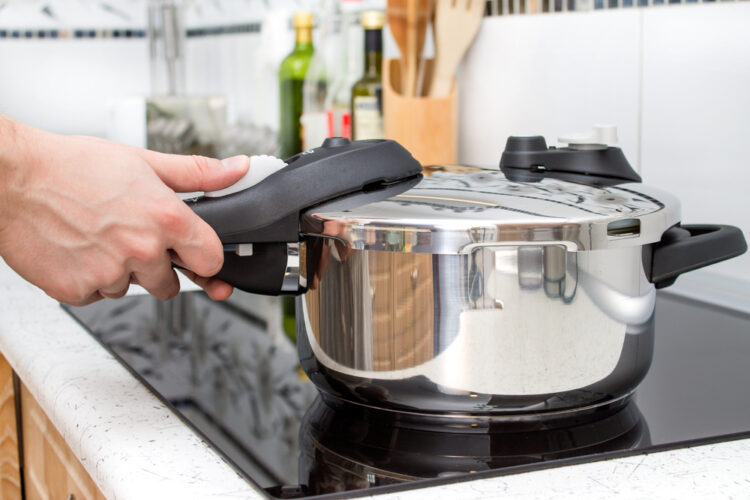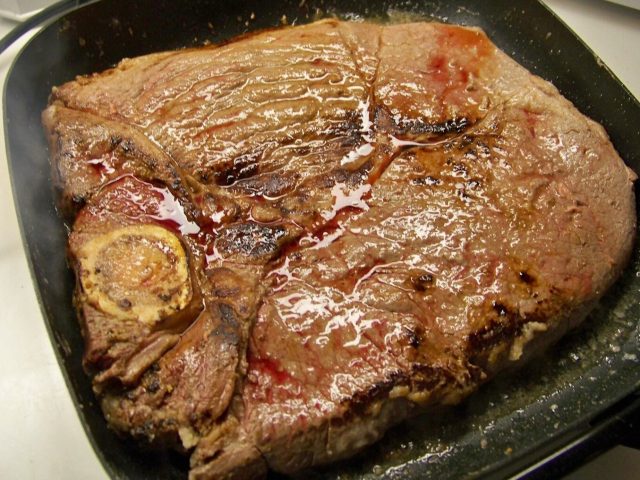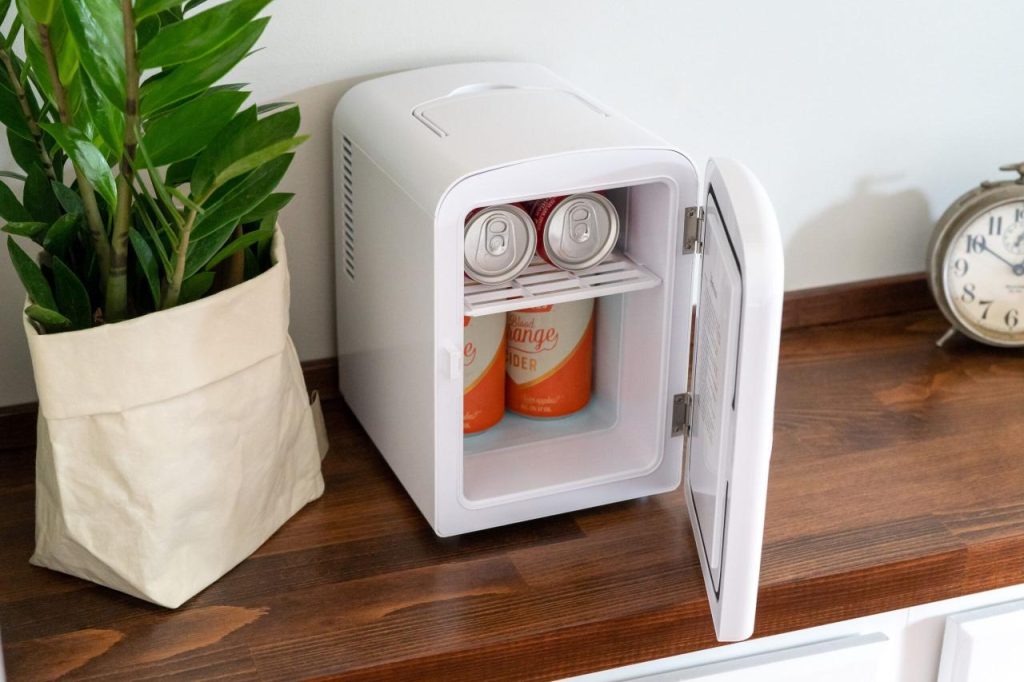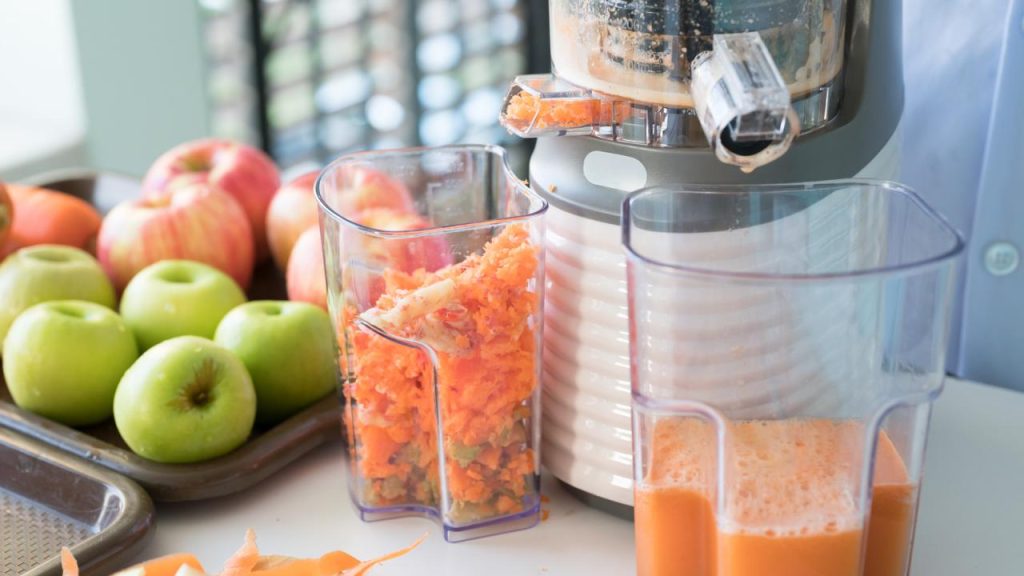Pressure canning is a preservation technique employed to safely process food by subjecting it to a particular environment. The procedure entails elevating the temperature within the jar to eliminate any potential harmful bacteria or microorganisms.
This is accomplished by establishing a high-pressure setting inside the canner, enabling the temperature to surpass the boiling point of water. However, if the pressure canner runs out of water, the consequences will be explored in the article below as Cook Eat Delicious guides you through the details!

Importance of Water in Pressure Canning
Water assumes a crucial role in the pressure canning process, playing a multifaceted and indispensable part in ensuring the success of food preservation.
- Generation of Pressure and Heat: Water serves as the medium for pressure generation in the canner. As it boils, it transforms into steam, creating the elevated pressure necessary for safe and effective canning. This pressure is instrumental in achieving the high temperatures required to eliminate harmful microorganisms, ensuring the preservation of food.
- Facilitation of the Preservation Process: Integral to the preservation process in pressure canning, water aids in creating a controlled environment conducive to preserving the freshness, flavor, and nutritional content of the canned food. The combination of pressure and heat contributes to sealing in the quality of the preserved items.
- Prevention of Overheating: Water acts as a crucial coolant during the canning process by absorbing and distributing heat. This preventative measure not only safeguards the structural integrity of the canner but also protects jars and their contents from potential damage due to excessive temperatures.
- Safeguarding Equipment and Contents: Playing a protective role for both the canner and its contents, water acts as a buffer against the risk of overheating. This ensures that the canner remains within its designed operating parameters, safeguarding the longevity of the canning equipment and preventing potential damage to the jars and their valuable contents.
In essence, the role of water in pressure canning goes beyond its basic function as a heat-transmitting medium. It is a fundamental component that contributes to the efficacy, safety, and longevity of the entire canning process, highlighting its critical importance in preserving food with precision and care.
What happens if pressure canner runs out of water?
When a pressure canner exhausts its water supply during the canning process, the implications are significant and can jeopardize both the safety of the processed food and the integrity of the canner:
Uneven Temperature and Improper Processing
The absence of water eliminates the necessary cooling and pressurizing effects essential for proper pressure canning. This lack of temperature and pressure control may result in uneven heating within the canner, potentially leading to inadequate processing of the food. As a consequence, conditions may arise where harmful microorganisms survive, posing a risk of foodborne illnesses for those consuming improperly processed food.

Jar Breakage Due to Excessive Heat
Without water to regulate temperature, the internal heat in the canner may escalate uncontrollably. This excessive heat can cause glass jars to break, leading to the loss of preserved food. Moreover, shattered glass introduces a safety hazard, potentially causing injuries to individuals handling the jars or in proximity to the canner.
Canner Damage from Overheating
The absence of water to absorb and distribute heat can cause the internal temperature of the pressure canner to rise beyond safe levels. Overheating may result in permanent damage to the canner, rendering it inoperable. This not only disrupts the ongoing canning session but may also necessitate expensive repairs or replacement.
The consequences of a pressure canner running out of water are substantial, impacting both the quality of the canned food and the functionality of the canning equipment. Maintaining an adequate water supply is crucial for the controlled and safe execution of the pressure canning process, ensuring the preservation of food without compromising its safety or the longevity of the canner.







